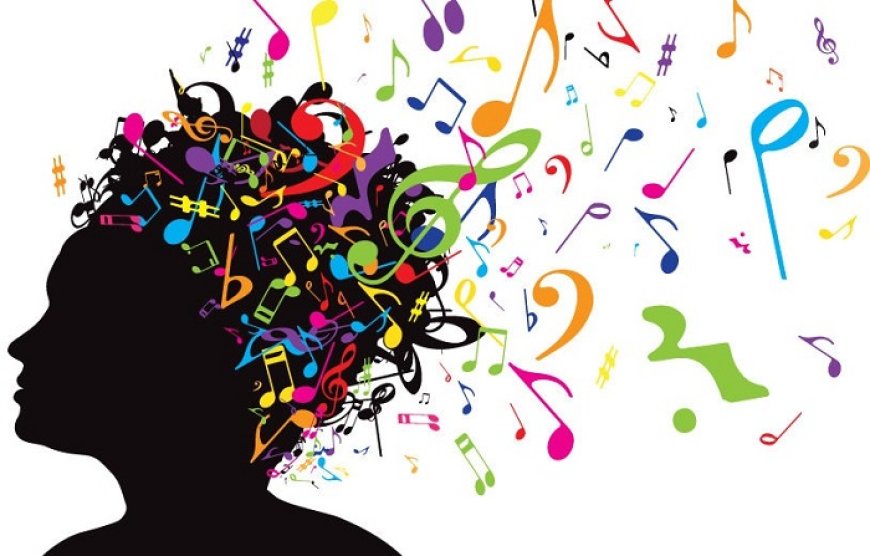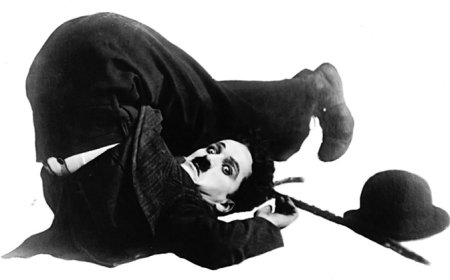Why Is Phonk So Dark: A Detailed Explanation
Phonk is a music genre that has captivated many listeners with its dark and gritty sound.

Phonk?is a music genre that has captivated many listeners with its dark and gritty sound. It carries an underground feel. It evokes emotion. It pulls you into a shadowy world of beats, samples, and raw energy. To understand why phonk is so dark, we must explore its history, its sounds, and its cultural roots. This article will take you through each layer of this mysterious genre. It will explain how and why phonk developed such a moody, often grim tone.
Origins of Phonk in Southern Rap
Phonk began in the early 1990s. Its birthplace was the southern United States, especially Memphis, Tennessee. Artists in that city were making underground rap music. They had limited equipment. They used cassette tapes. They sampled old funk, soul, and horror movies. They often slowed down the vocals. The beats were heavy and unpolished. The result was raw and menacing.
Groups like Three 6 Mafia and artists like DJ Screw helped define this style. Their music talked about street life. It described pain, violence, drugs, and survival. These themes shaped phonks core identity. The music reflected a world full of struggle. It did not shy away from darkness. Instead, it embraced it.
The Influence of Lo-Fi and Tape Culture
Phonk sounds dark not just because of the lyrics, but because of how it is made. Early phonk was recorded on low-quality equipment. It had hiss, crackle, and distortion. These sounds gave the music a haunting quality. You could hear the imperfections. They made the songs feel more personal and gritty.
Tape culture added to this effect. Many early phonk tracks were copied and traded on cassettes. Each copy lost some quality. But this decay added to the mood. It made the music feel like a ghost from the past. You could almost see the shadows in the sound.
This lo-fi quality became part of the style. Even today, many phonk producers add artificial tape noise to their songs. They want to recreate that old, eerie feeling.
Themes of Violence and Isolation
Phonk lyrics often talk about dark subjects. There is violence. There is depression. There is a sense of loneliness. This is not by accident. The artists behind phonk lived through difficult times. Their music became a way to express real pain.
The darkness is honest. It is not meant to shock. It is meant to reflect life. The streets of Memphis in the 1990s were tough. Crime and poverty shaped the lives of many artists. Their music became their diary. They used it to vent, to tell the truth, and to survive.
Even when phonk evolved in later years, it kept these themes. Many producers use samples from old horror films and crime movies. They use gunshots, sirens, and echoing screams. These elements add to the intense, often terrifying mood.
A Soundtrack of Shadows
The sound of phonk is unlike other rap genres. It mixes many elements together. There are samples from 1990s rap. There are chopped and screwed vocals. There are eerie melodies. Often, a song might include piano loops, deep bass lines, and slow drum patterns. The beats can feel hypnotic or suffocating.
Producers often use minor chords. These create a sad or tense feeling. The melodies are not happy. They are slow, drawn out, and haunting. This gives the music an emotional weight. It makes the listener feel trapped or reflective.
All of these sounds work together. They create a mood that is heavy, emotional, and dark. This is what makes phonk so powerful. It does not try to sound clean or polished. It tries to sound real.
The Internet and the New Phonk Movement
In the 2010s, phonk came back in a new form. It spread through platforms like SoundCloud and YouTube. A new wave of artists from around the world started making their own phonk tracks. These producers were inspired by the old Memphis sound, but they also added their own touch.
This version of phonk became more melodic. It still kept the darkness. But now it also included faster beats and more electronic sounds. Some called it drift phonk because it became popular with car culture and racing videos.
Despite this evolution, the dark feeling remained. Even with cleaner production, the core spirit stayed alive. People were still drawn to the emotion, the pain, and the shadows in the sound. This new wave showed that the world still needed phonk, and that its darkness had a purpose.
Emotional Honesty in Phonk
Many fans of phonk say they connect with its honesty. It does not pretend. It tells the truth, even when the truth is ugly. That truth might be about depression, violence, or loneliness. It might be about fear or hopelessness. But it is always real.
In this way, phonk becomes more than just dark music. It becomes emotional music. It helps listeners process their feelings. It gives them a space to feel things that other genres might avoid.
This honesty is part of what makes phonk important. It does not hide behind shiny sounds or perfect rhymes. It opens a door into the soul of its creators. And in doing so, it speaks to the souls of its listeners.
Cultural Memory and the Past
Phonk is also dark because it looks to the past. It samples music from the 1990s. It uses sounds from old horror films. It brings back memories that are distant and often painful. There is a sense of nostalgia, but it is not a sweet kind. It is a haunted kind.
By reaching into the past, phonk reminds us of lost voices, forgotten streets, and broken dreams. It tells us stories that might have been erased. It keeps those stories alive through sound.
This connection to the past is not just technical. It is emotional. It adds a layer of sadness and depth that few other genres can match.
Conclusion: Darkness as Identity
Phonk is dark because it was born from dark places. It is dark because it reflects real pain. It is dark because it is honest, raw, and emotional. From its roots in Memphis to its global spread, phonk has kept its identity. It tells the truth through sound. It creates a space for emotions that are often pushed aside.
The darkness in phonk is not just style. It is substance. It is memory. It is emotion. It is survival. For those who listen closely, it offers not just beats and bass, but stories that speak from the heart of the shadows.

























